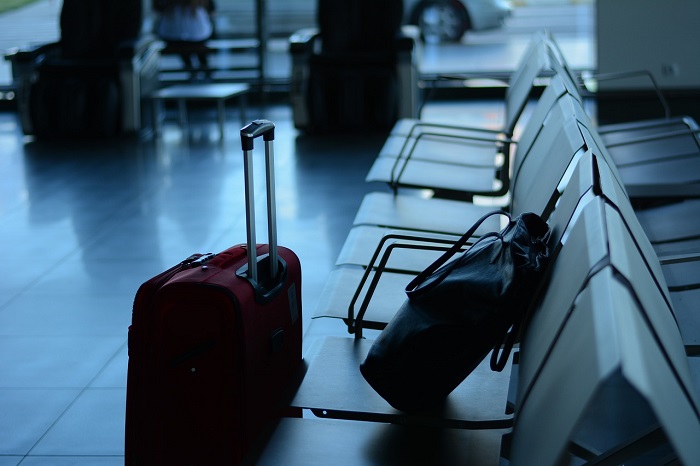Amendments to the Working Time Regulations allow workers to carry over up to 4 weeks of annual leave to the next two holiday years.
Holiday carry over – what’s changed?
The Working Time (Coronavirus) (Amendment) Regulations 2020, which have already taken effect, make three changes:
- Ability to carry over up to 4 weeks of annual leave
The Working Time Regulations 1998 previously specified that of the 5.6 weeks of statutory annual leave entitlement, the 4 weeks that derive from the Working Time Directive must be taken in the leave year to which they relate. This meant that only the remaining 1.6 weeks could be carried over to the next leave year and only with the employer’s agreement.
The Regulations have now been amended to allow workers to carry over up to four of those weeks of annual leave to the next two leave years if it was not “reasonably practicable” to take them due to the effects of coronavirus (which includes effects on the worker, the employer or the wider economy or society).
- Payment in lieu of untaken leave
A corresponding amendment has also been made to require employers to make a payment in lieu of any such carried forward holiday which the worker has not taken if their employment terminates during the next two leave years.
- Restrictions on an employer’s rights to refuse leave
An employer has always been permitted to require a worker not to take leave at a particular time provided it gives the worker adequate notice. The Regulations have now been amended in respect of any of the four weeks of annual leave which can now be carried forward. They now specify that an employer can only require a worker not take that leave if it has “good reason” to do so. It is not yet clear what “good reason” is intended to cover.
What this means in practice
The benefits of these amendments are twofold. Workers now have the assurance that a large proportion of their untaken holiday will not be automatically lost at the end of this leave year if they are unable to take it because of the disruption caused by coronavirus.
The amendments will also assist businesses that are already under considerable strain resulting from coronavirus and its ongoing impact. Many have been concerned that they would be deluged with holiday requests when things pick up, exactly when they need their workers to be active rather than absent. These amendments should allay those concerns.
Employers, however, will need to grapple with some practical issues, such as whether to distinguish between the four weeks of annual leave under the Working Time Directive, which now can be carried forward two years, and the 1.6 additional weeks (plus any enhanced contractual holiday) which cannot be carried forward without employer agreement. While employers would be entitled to maintain a distinction, it will take some administrative effort to do so and to determine which of the types of annual leave a worker has already taken.

 Lloyd Davey
Lloyd Davey